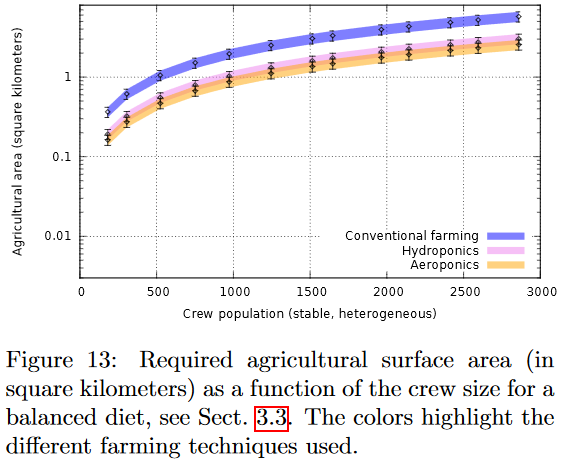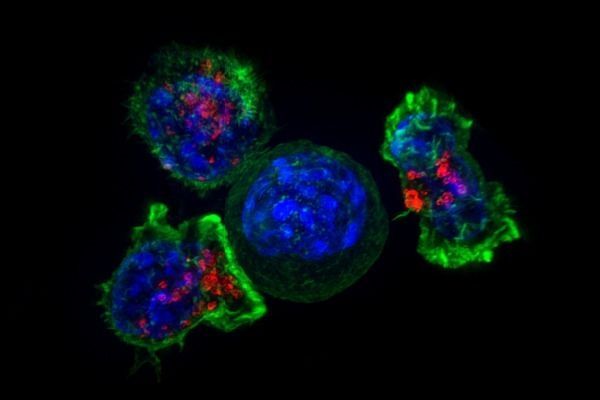NASA is coming again… to the Moon!
NASA has selected 12 science and technology demonstration payloads to fly to the Moon as early as the end of this year, dependent upon the availability of commercial landers. These selections represent an early step toward the agency’s long-term scientific study and human exploration of the Moon and, later, Mars.
“The Moon has unique scientific value and the potential to yield resources, such as water and oxygen,” said NASA Administrator Jim Bridenstine. “Its proximity to Earth makes it especially valuable as a proving ground for deeper space exploration.”
NASA’s Science Mission Directorate (SMD) initiated the request for proposals leading to these selections as the first step in achieving a variety of science and technology objectives that could be met by regularly sending instruments, experiments and other small payloads to the Moon.









